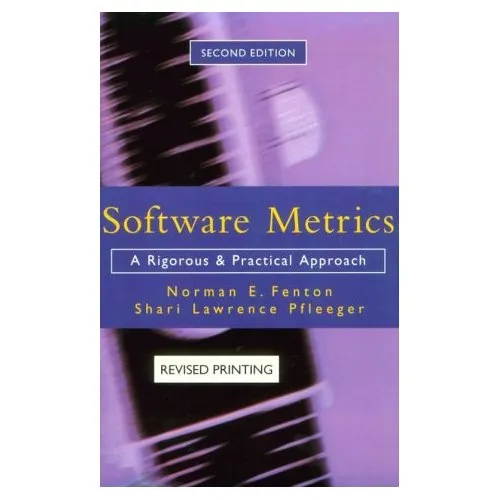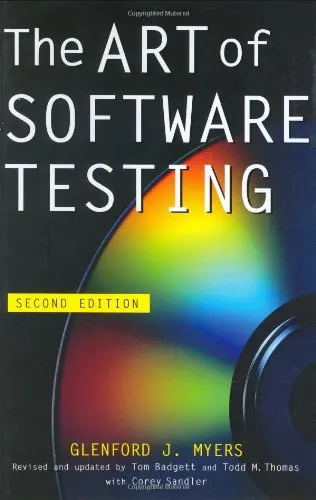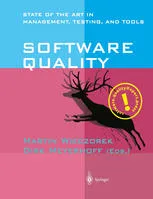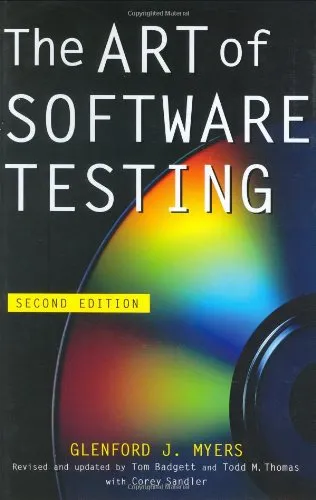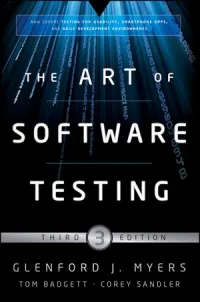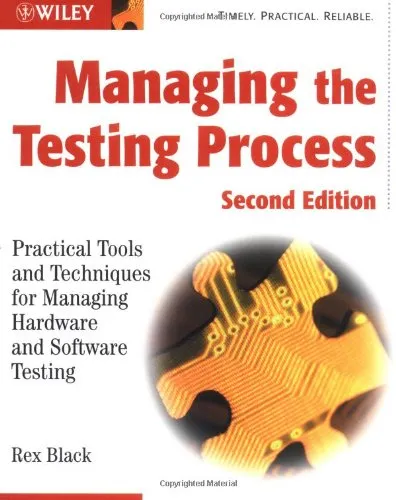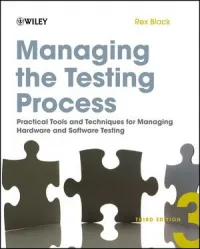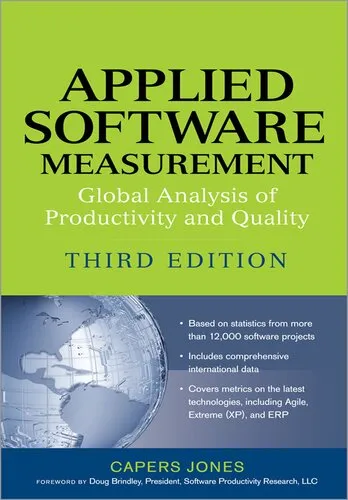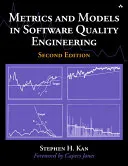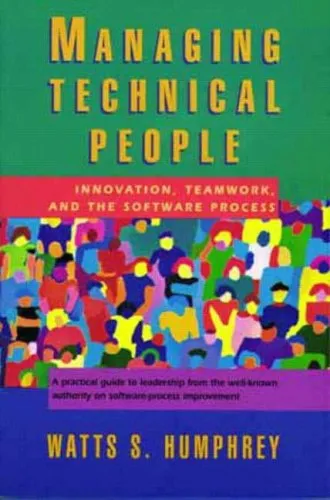Software Metrics: A Rigorous and Practical Approach, Revised
4.2
Reviews from our users

You Can Ask your questions from this book's AI after Login
Each download or ask from book AI costs 2 points. To earn more free points, please visit the Points Guide Page and complete some valuable actions.Related Refrences:
Introduction
"Software Metrics: A Rigorous and Practical Approach, Revised" is a definitive guide for software professionals seeking to measure, analyze, and improve the development process and the quality of software products. Written by Norman E. Fenton and Shari Lawrence Pfleeger, this book is widely recognized as a cornerstone in the domain of software metrics. It combines theoretical rigor with practical examples to illustrate how metrics can be applied effectively in real-world software projects.
The revised edition of this book reflects the advancements in software engineering practices, incorporating contemporary challenges and addressing the dynamic nature of the field. Whether you are a software engineer, manager, academic, or student, this book provides indispensable knowledge to help you navigate the complex terrain of software measurement, offering actionable insights and proven techniques to improve both processes and products.
Detailed Summary
The core focus of this book is to explain the concepts, theories, and applications of software metrics in a clear and accessible manner. It begins by exploring the need for measurement in software engineering, emphasizing how metrics can be used to assess the performance, quality, and efficiency of software systems. By addressing foundational topics like measurement theory and data collection, the authors provide readers with the groundwork they need to understand more advanced concepts.
The book then delves into specific metrics for software products, including size, complexity, and quality, while also covering metrics related to software processes, such as productivity, reliability, and defect density. Each metric is examined in detail, with discussions on how it is calculated, its relevance, and its real-world applicability. The authors also emphasize the limitations and challenges of various metrics, helping readers avoid common pitfalls in software measurement and evaluation.
One of the book's standout features is its focus on practical applications. With numerous real-world examples and case studies, the authors demonstrate how to apply metrics to improve decision-making and guide software project management. From project estimation to risk assessment, the book provides a comprehensive toolkit for tackling complex software engineering problems.
The revised edition also incorporates emerging topics such as agile development and its implications for measurement, as well as discussions around metrics for cloud computing, distributed systems, and software as a service (SaaS). By bridging academic theories with industry best practices, the book ensures its relevance to modern software engineering practices.
Key Takeaways
- Understand the fundamental principles of software measurement and their role in software engineering.
- Learn how to define and collect meaningful metrics to measure size, complexity, quality, and productivity.
- Master the use of metrics to support decision-making and improve software processes and products.
- Discover the challenges and limitations of software metrics and how to mitigate their impacts.
- Explore case studies that illustrate the successful application of metrics in real-world software projects.
Famous Quotes from the Book
"You can't manage what you can't measure, but measuring poorly can be worse than not measuring at all."
"Metrics are not just numbers; they are the means by which we gain insight into systems and improve them."
"The key to successful use of metrics is not in their number, but in their relevance and their context."
Why This Book Matters
In an industry where software bugs can lead to costly errors, reputational damage, or even catastrophic failures, measurement is an indispensable tool for ensuring software reliability and performance. This book is more relevant than ever as organizations increasingly rely on software for their operations, products, and services.
By providing a rigorous and practical approach to metrics, the book equips readers with the knowledge and tools required to build better software systems. It demystifies the process of measurement and breaks down complex concepts into actionable insights that can be applied to any software development methodology.
Moreover, the richness of its examples, depth of its analysis, and balance of academic and practical perspectives make it an invaluable resource for anyone looking to master the art and science of software measurement. Whether you are trying to improve software quality, streamline development processes, or make data-driven decisions, this book provides the guidance needed to achieve your goals.
Free Direct Download
You Can Download this book after Login
Accessing books through legal platforms and public libraries not only supports the rights of authors and publishers but also contributes to the sustainability of reading culture. Before downloading, please take a moment to consider these options.
Find this book on other platforms:
WorldCat helps you find books in libraries worldwide.
See ratings, reviews, and discussions on Goodreads.
Find and buy rare or used books on AbeBooks.
1465
بازدید4.2
امتیاز0
نظر98%
رضایتReviews:
4.2
Based on 0 users review
Questions & Answers
Ask questions about this book or help others by answering
No questions yet. Be the first to ask!
